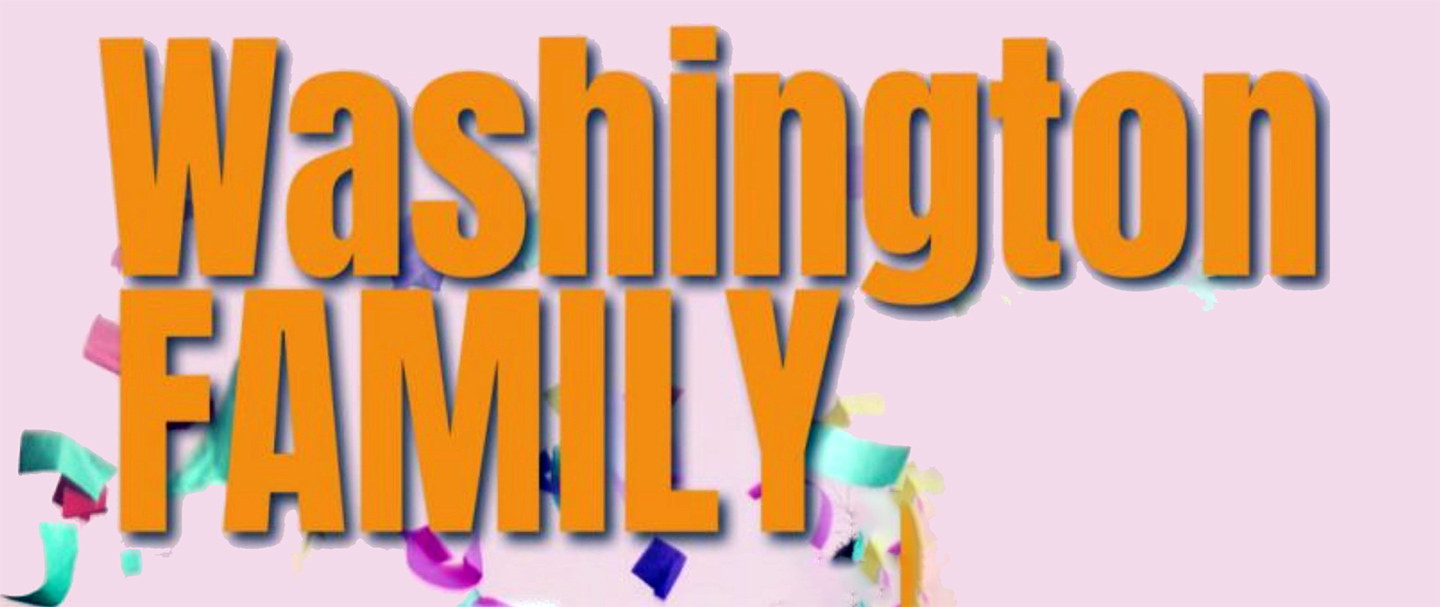
By Jacqueline Renfrow
Original Source: Washington Family
Originally posted in the May 2022 edition, pages 22-23
Educational planning for neurodiverse children
Parents want the best education possible for their children. But when you parent a child with special needs, deciding which school will best support their unique needs is not easy. We spoke with educational planning experts who specialize in understanding the academic and social-emotional needs of neurodiverse children and they had some tips to help parents find that perfect fit for a child at any age.
First, it’s about matching a school to your learner, not the learner to the school, according to Brad Hoffman (M.S.Ed), a board-certified educational planner at My Learning Springboard Inc. Hoffman’s company serves students around the country, but primarily in the greater Washington and New York City areas. The boutique, multidisciplinary educational consulting firm works with learners of all ages—from preschool through young adults—with diverse learning goals.
“A school can have a phenomenal reputation without necessarily being the right fit for your child,” Hoffman says. “Many families we work with send their multiple children to different schools. It certainly presents an added challenge logistically, but for a variety of reasons, one particular school may not be well suited to the individual needs of each of your children.”
Before diving in, parents need to keep in mind that making educational placement decisions mean putting the child’s current and potential schools under a microscope. And before the process can begin, parents need to make a list of their top priorities for a school environment since some tradeoffs may be likely.
“All choices come with opportunity costs, and school selection is not exempt from this reality,” Hoffman says. “Academic programming and perceived rigor, learning support, athletics, clubs, activities, facilities, geography, and costs are all important factors to consider.”
Taking the first step
Whether a parent chooses to work with an education consultant or look into school choices, the first step is to assess the child’s current school environment and experience.
When determining if the child is currently in the proper school setting, Hoffman’s team typically starts by reviewing all of the academic records and previous assessments and speak to any of the child’s relevant service providers. They ask parents to think about what their child needs in order to succeed academically, socially, and emotionally in school.
Hoffman recommends that parents make a pros and cons list of what is working and what is not working in their child’s current school setting.
“It is imperative to determine if the student is appropriately challenged and making academic progress as well as determining if their social and emotional needs are being met,” he says. “This comprehensive overview helps to more clearly identify the parents’ concerns with a variety of data points.”
Laura Rup, director of Admissions at AIM Academy, a school for grades 1 through 12 in Conshohocken, Pennsylvania, says that the admissions committee at a school should be asking similar questions about what a child will need when considering an applicant. Rup works to place children at AIM Academy who will fit the school’s niche—educating children with language-based learning disabilities such as dyslexia, dyscalculia and dysgraphia.
“When the school and child are a match, that is where ‘magic’ can happen,” Rup says.
If you plan to look outside of your child’s current educational institution, Rup recommends starting with school websites. They are “chock full of information, but sometimes it can feel like drinking from a fire hose!” Try zeroing in on the “at-a-glance” or snapshot information. This strategy will usually provide parents answers to a majority of factors such as the size of the school or type of applicants the school seeks.
“If the profile does not seem like a fit, you can quickly move on. You want to focus your time on those schools that are best able to support your child,” she says.
Before the COVID-19, pandemic, Hoffman would recommend that parents spend some time in their child’s classroom in order to gain an up-close look at what is happening. If you are working with an education consultant, ideally, this individual would observe the child in the classroom as well. Hoffman notes that whether parents get to see inside the classroom or not, working closely with the child’s teacher is paramount to gathering needed information.
The more data, the better
Other vital pieces of data can contribute to making the best school decision for your child. First, if the child has undergone a neuropsychological assessment, the evaluating psychologist can help to identify qualities and supports that are critical for your child’s success. Additionally, other related service professionals, such as a speech therapist or occupational therapist, can valuable insights. Also consult with any current service providers in the classroom, such as a school counselor or a special education teacher.
Parents should bring their own information about their child to the table as well. Ask a lot of questions about a potential school when meeting with admissions staff or faculty members.
“At AIM, many of our applicant families are learning about a newly diagnosed learning difference at the same time they are looking for a new school to support their child. It’s natural to have questions,” she says. “Admissions folks are not there to judge. They are there to educate, and chances are that they have answered any question you have a number of times before. A positive home-school relationship is critical to student success, and asking for clarification is a great way to feel involved and informed.”
Public vs. Private
When debating public versus private schools, don’t automatically assume that one is a better fit for your child than the other without looking over their individual services.
Obviously, the student to teacher ratio is usually smaller at a private school, and the facilities and enrichment activities are often more robust. However, that does not mean that the private school necessarily offers the emotional and educational services that are best for your child.
Some private schools offer learning specialists on faculty to consult with teachers to address the identified needs for specific students or work directly with identified students. However, these learning specialists may not be certified special educators—as it is not required.
However, specialized private schools exist. At these schools, all or most of the faculty includes skillful learning specialists and special educators engaged in regular professional development and implementation of evidence-based interventions. In these specialized school settings, related services are generally integrated into the daily schedule. Specialized schools will differ depending on their mission and target population.
Public schools offer a variety of levels of service within the general education setting. Services can range from plug-in and pull-out services to a self-contained classroom. All teachers, both general and special educators, in a public school setting have to be certified by the state in which they teach. Public schools are required to follow the procedures set forth in the Individuals with Disabilities Act (IDEA) and Section 504. Hoffman notes that any school, public or private, that takes federal funding is required to participate in the Individualized Education Program (IEP) process under IDEA.
Don’t forget the power of emotions
Hoffman notes that while data plays a large factor in choosing a school, an undeniable emotional factor behind school placement. Therefore, visit a school you are considering whenever possible and talk with faculty such as the admissions team, learning specialist, or head of school. When an in-person visit is not possible, arrange for digital meet-and-greets and tours of the physical space. In addition, talk with currently enrolled families to get a better sense of the school culture.
Plus, allow your children to have a voice in the decision.
“This means letting them know you are considering having them look at new schools and responding to their questions about it,” Rup says. “You get to make the decision, but your child has to live the choice on a daily basis. Establishing open communication will make the transition experience better for them and for you.”
 The best way to write effective papers is a three-step writing process we like to call the 1) DOWN draft, 2) the UP draft, and 3) the DENTAL draft.
The best way to write effective papers is a three-step writing process we like to call the 1) DOWN draft, 2) the UP draft, and 3) the DENTAL draft. The hardest part of writing an essay for most students is beginning the drafting process. Once the first draft is done, it’s relatively easier to fix up the paper, refine a thesis, and put the final polish on it.
The hardest part of writing an essay for most students is beginning the drafting process. Once the first draft is done, it’s relatively easier to fix up the paper, refine a thesis, and put the final polish on it.
